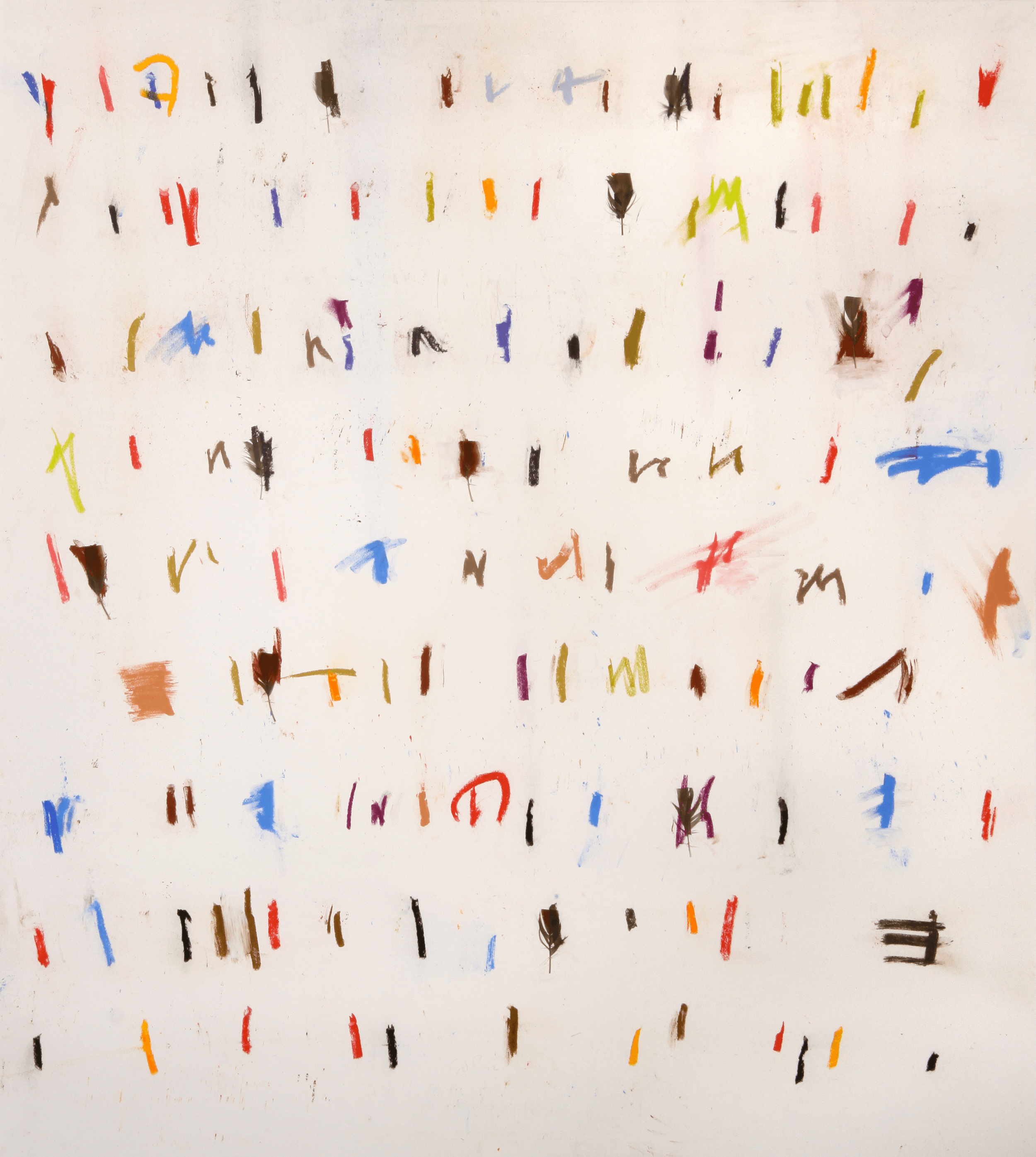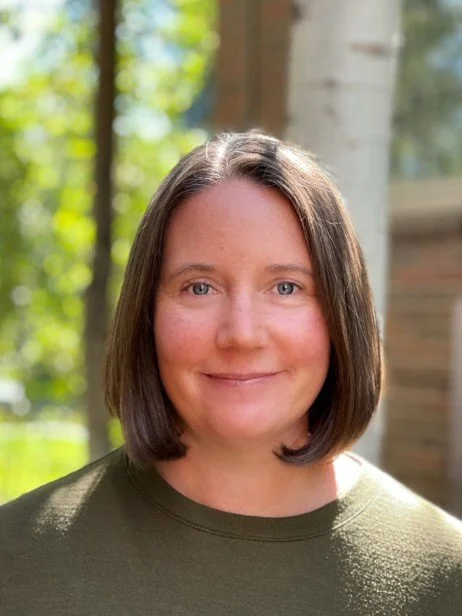The Dunes
by L. Barthule
I try to keep the twins quiet.
Arwen and her husband are sleeping in the other tent, and Dan is pretending to sleep in the bag next to me. He must be, anyway, because the girls’ whispers are almost louder than their normal talking voices.
Finally, I give in, unzipping the tent with a scritch that breaks the early morning. Shush, shush, I murmur as the girls roll onto the hard ground. Let’s go to the bathroom. Maybe Dan will get the fire started while we’re gone. Fat chance. He’s probably already scrolling through that political website he’s addicted to.
After everyone has peed in the chilly stone restroom, we walk down the dirt path toward the river. The girls are practically rabid, running ahead through the scrub. The bushes give way to waves of sand ridged with ice. Our steps crackle on the cold ground. Only the very tops of the dunes are lit gold in the sunrise.
Look, I tell the girls, the tracks of night creatures. Tiny mouse prints, the heavy-delicate imprint of a rabbit’s pads. Their five-year-old selves are only impressed by a long smooth S in the sand—a trace of snake, fat and dangerous.
I’m thinking of Arwen. The way she strolled into camp last night, pristine and twisty, settling on the log next to Dan, leaving her husband to unpack the entire car. She set a bratwurst on fire, blew it out, and ate it burnt raw without a bun. She told Dan half-stories of the days they’d spent together in college. He popped a cold beer and let it foam out over his hand, wiping the can on his shirt before he gave it to her.
They didn’t leave the fire the whole time I spent wrestling the girls into footie pajamas, snuggling them into sleeping bags, and finally, climbing clothed into my own bag when they cajoled Stay Mommy, we’re scared without you. I listened to the low voices of Arwen and her husband and my husband. I watched the firelight dance on the tent walls and waited for Dan to wonder where I was.
When Dan suggested the trip to the sand dunes, I was touched. He was absent, these days, in his recliner, on the porch swing with a beer after work, always phone in hand. Long gone were weekends exploring the remote corners of the state, the pickup loaded with dogs and gear. Our daughters had never even been camping.
Before the girls, we visited the dunes often, in every season, with groups of friends or just the two of us. Hiking through patchy snow along the beginnings of the seasonal creek in early spring, lugging backpacks way into the dunes in late summer, sharing a bottle of tequila and marveling at the stars. It meant something that he’d thought, finally, to return as a family.
Then, he tossed out an afterthought once we’d finished packing the cooler: Oh, Arwen and her husband might come. So I knew it had been her idea all along.
The one who got away—that’s how he must think of her, even though they never dated. Arwen the perfect, fleeing to a prestigious MBA program out east after four years at CU. Returning with a bland WASP of a husband in tow and a high-paying job at a healthcare company downtown.
We’ve come to the wide shallow river of snowmelt that separates the campsites from the dunes. Take off your shoes, I tell the girls. They pile tiny sneakers and socks in a heap and splash barefoot across the freezing water. I leave my weathered hiking sandals on and we all rush to the warmth of the sunny top of the first dune.
The girls want to keep going. I peer back now and then, searching for our tent site among the scrub, but I can’t pick it out. I’m sweating from the exertion of hiking in sand. Sweat on top of dried sweat, my oily hair shoved under a baseball cap. What a mess I must have looked last night after spending the afternoon setting up camp—dirt-smeared jeans and a ragged flannel. I know what Arwen must think of me: just a housewife, just a mother. Covered in muck and blood, I’ll never beguile anyone again.
I realize we’ve been climbing up and up. We’ve scaled the first few short dunes, the girls running and sliding, marveling at the seeming unending expanse of sand. The sun has risen all at once, the way it does in Colorado, and it’s a sharp fireball alone in the sky. Now we’re almost to the top of one of the tall dunes. I look back and admire the shining, distant river. I’m proud of the girls, of how far they’ve been able to walk on their short legs. Despite Arwen’s presence, Dan’s indifference, maybe this will be a good trip—foster in them a love, like mine, of the wild desert.
One of my daughters screeches. The other wails, and when I turn to them they’re on their bottoms, holding their bare feet up off the sand. Even with the sun bleaching everything white, I can tell their tender feet are bright red. I’ve forgotten the harshness, the intensity of sun on sand. I have no water, no snacks, no hats or sunscreen. We’ve walked too far.
I remember a movie from elementary school meant to scare us—two teens joyriding in the desert and their car breaks down. They die out there because they can’t remember how to trap water from the air, because they don’t have enough sense to crawl under the car for some shade. Is this how we’ll die? Burnt up on the endless sand? They cry and cry. Precious water and salt lost through their tears.
I shake off this melodrama. We aren’t that far from civilization; still, I’ll have to carry them. I pick up both girls, one in each arm, and despair of the hot hike back down to camp. But luck! Not five feet away, I spot a curve of wood poking from the dune. Setting the girls down to wail and clutch each other, I dig around the wood until I’m able to pry it from the sand—a shortboard for sand sledding, abandoned or lost. Its black padded seat is faded from the sun, scoured by sand.
I pick up one twin and set her on the seat of the sled, then tuck the other twin in front of her sister. Hang on tight, I tell them. They nod with tear-stained faces.
I shove the board down a dune; the girls howl but stay on the sled. Once I catch up to them, I hunch over and push the sled to the top of the next dune. I’m drenched in sweat, every muscle screaming. Finally, we reach the top of the last dune. I give one last shove and watch the board take them down down down through the shifting sand.
The girls hop off the sled, race to the water, splashing and yelling. It’s so late in the morning the river is lined with bright umbrellas and towels, day trippers and families from the campground. Barelegged children run up and down the hard-packed sand as if it really is a beach.
She can have him, if she wants him. Nothing matters except this, I decide as I collapse on the damp sand. I watch my girls, their limbs perfect, skin flawless. As they dance in the shining river, I hope they’ll forget the burning sand, remember only clear, cold water.
L. Barthule lives in Denver, CO, with her husband, daughter, and a very vocal mutt dog. Her book reviews have been published in Fiction Writers Review. This is her first fiction publication.



